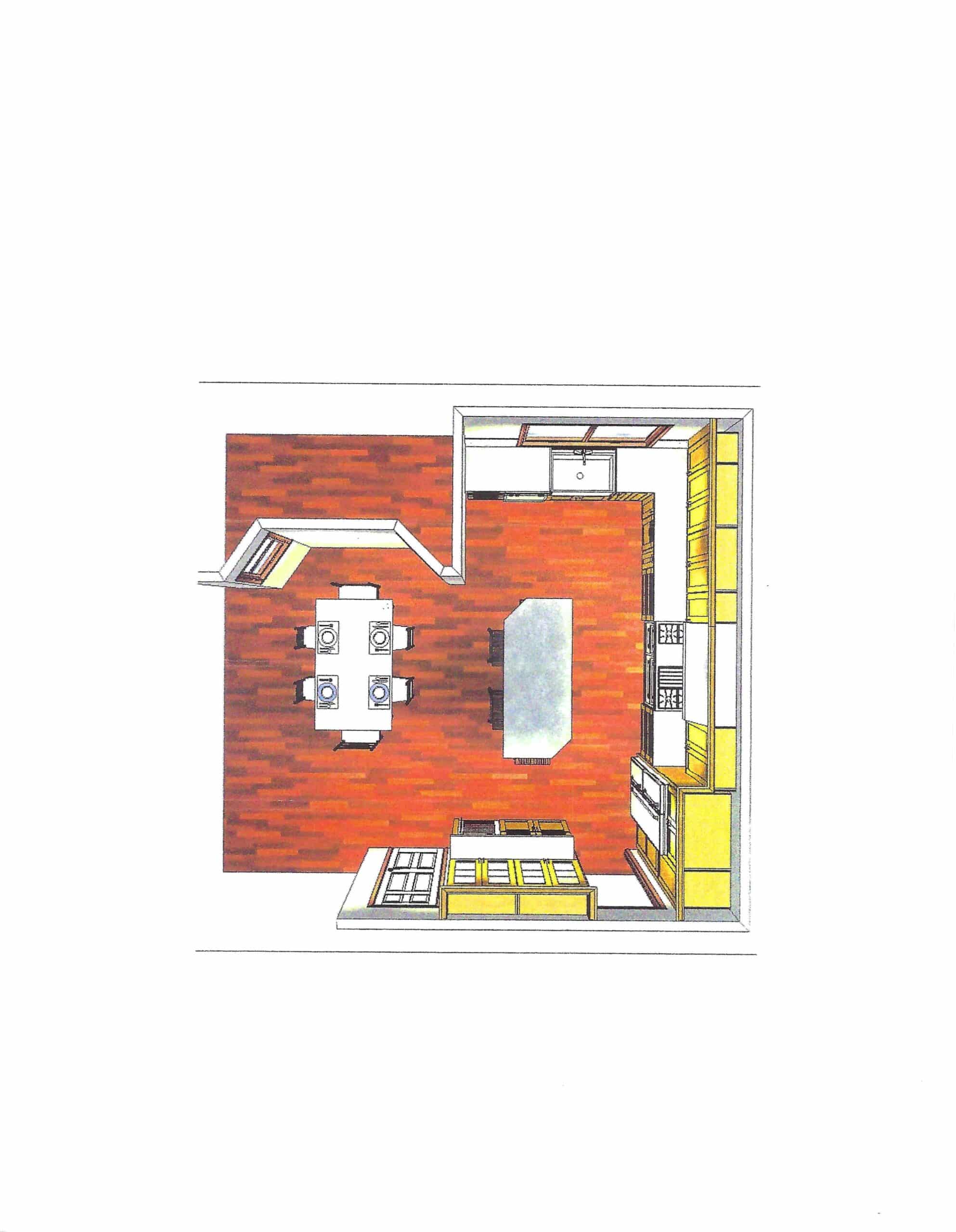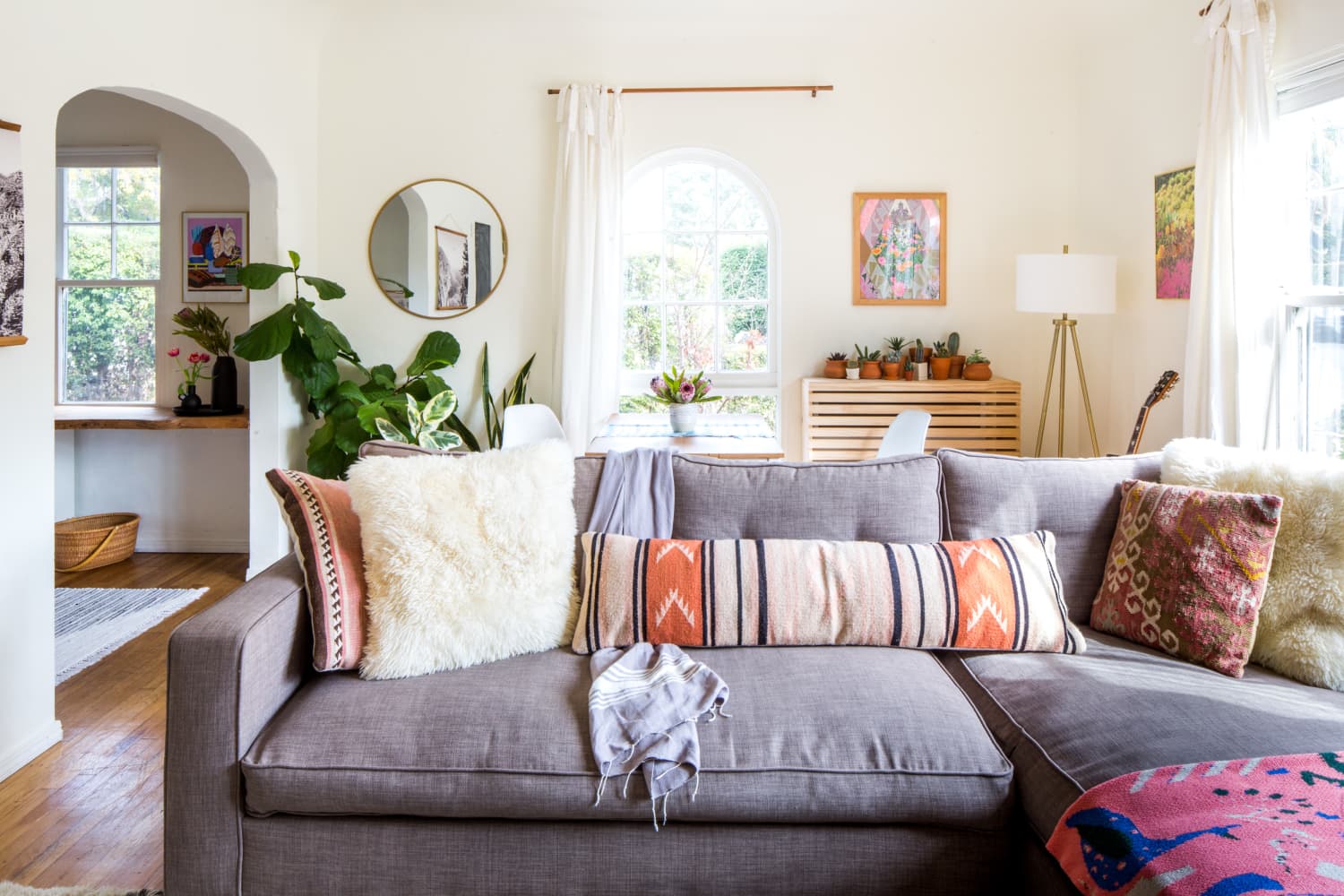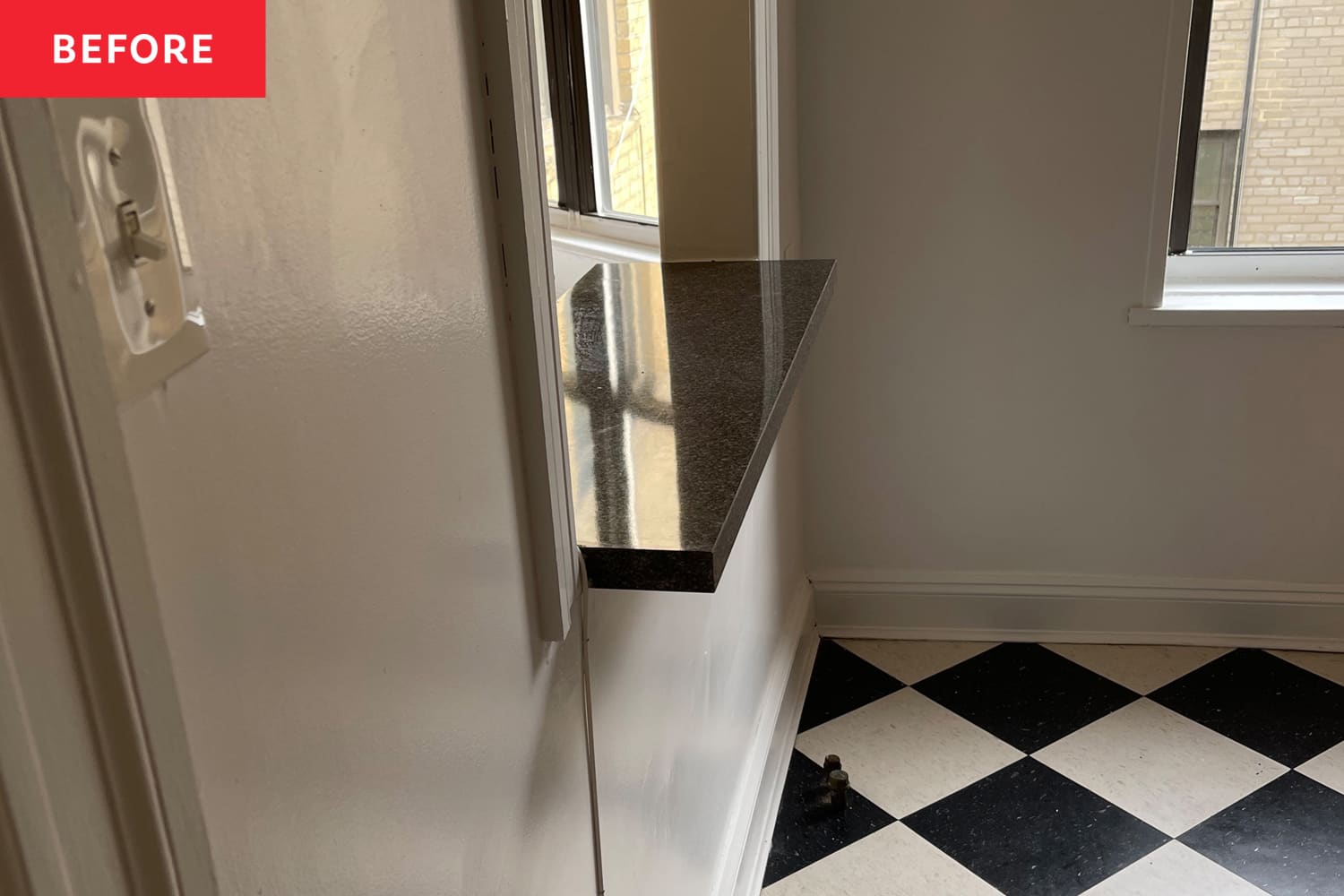Kitchens are often the most utilized space in any home. From food preparation and cooking to time spent around the dining table, this room sees a lot of action. It’s also typically the most expensive room in any home due to the investment in cabinets, counters, hardware, and appliances. When envisioning a kitchen for our new build, I aimed for a design with lasting power. While many man-made materials claim durability, I couldn’t ignore the natural stone that has adorned buildings and sidewalks in Europe for centuries. Natural stone possesses longevity, and with the knowledge of how to maintain it and what to expect as it ages, you can enjoy it for a lifetime.
I had a pretty clear idea that I wanted dark soapstone for the worktable inset and a lighter marble for the perimeter cabinets and backsplash. Choosing the exact stones came down to budget and what was available at local stone yards. Selecting the soapstone was straightforward; I opted for one with green undertones from Brazil. However, the choice of marble was a bit more challenging. I was initially drawn to Calcatta Gold but found it to be out of budget. After extensive searching, Alyssa from Rocktops helped me settle on Carrara Bianco. The cool grey tones complement the warm white of the cabinets and brass hardware. The stone exhibits beautiful movement without being overly busy, and there are even some areas on the slabs I chose that have hints of brown, a perfect touch of warmth.
The stone is stunning in its natural state, but we incorporated some unique treatments to make it feel even more special. The drainboard carved into the slab next to the sink is practical for drying dishes. I decided to use a full backsplash of the stone on the range wall but employed a 4″ splash to fit under the windows on the exterior wall. We used these treatments as an opportunity to introduce some softness by creating a radius at the end of the backsplash and one to connect the full splash to the shorter one in the corner.
One of my favorite elements in the kitchen is the worktable, especially the soapstone inlay into the walnut. It’s an idea I had saved for a long time, and this project seemed like the perfect place to showcase such a pretty detail. I’m always grateful for contractors like Rocktops who are willing to go the extra mile to brainstorm and execute ideas with me.
I understand that many people have concerns about natural stone and its perceived fragility. I, too, had not used it in a project prior to this house due to those concerns. However, one day I realized that I was consistently buying secondhand stone pieces—tables, trays, busts, bowls—and I loved their patina. The wear and tear added character, and even noticeable imperfections didn’t bother me. So, with our forever home, I decided to fully embrace natural stone and used it exclusively in this house.
Maintaining natural stone is relatively simple. I recommend a honed finish if you don’t want to be overly cautious, as it shows fewer etchings. Sealing your counters every six months can prevent substances from penetrating the porous surface. When it comes to cleaning, stick with warm water and mild soap. To prevent others from accidentally using the wrong cleaning products, I don’t keep any other cleaning supplies in the kitchen. I have my kids do most food prep on the worktable to avoid staining, especially with items like tomatoes and citrus. And cutting boards are a must!
My most significant piece of advice is to embrace the wear and tear. You’ll encounter etching – rings from glasses, or a bit of citrus that someone didn’t wipe up. Nicks and dings are common in high-traffic areas, such as around the sink. These imperfections are part of the charm and authenticity of natural stone, and as time goes by, they will blend together, giving your kitchen a beautiful, old-world soul with stories to tell.






